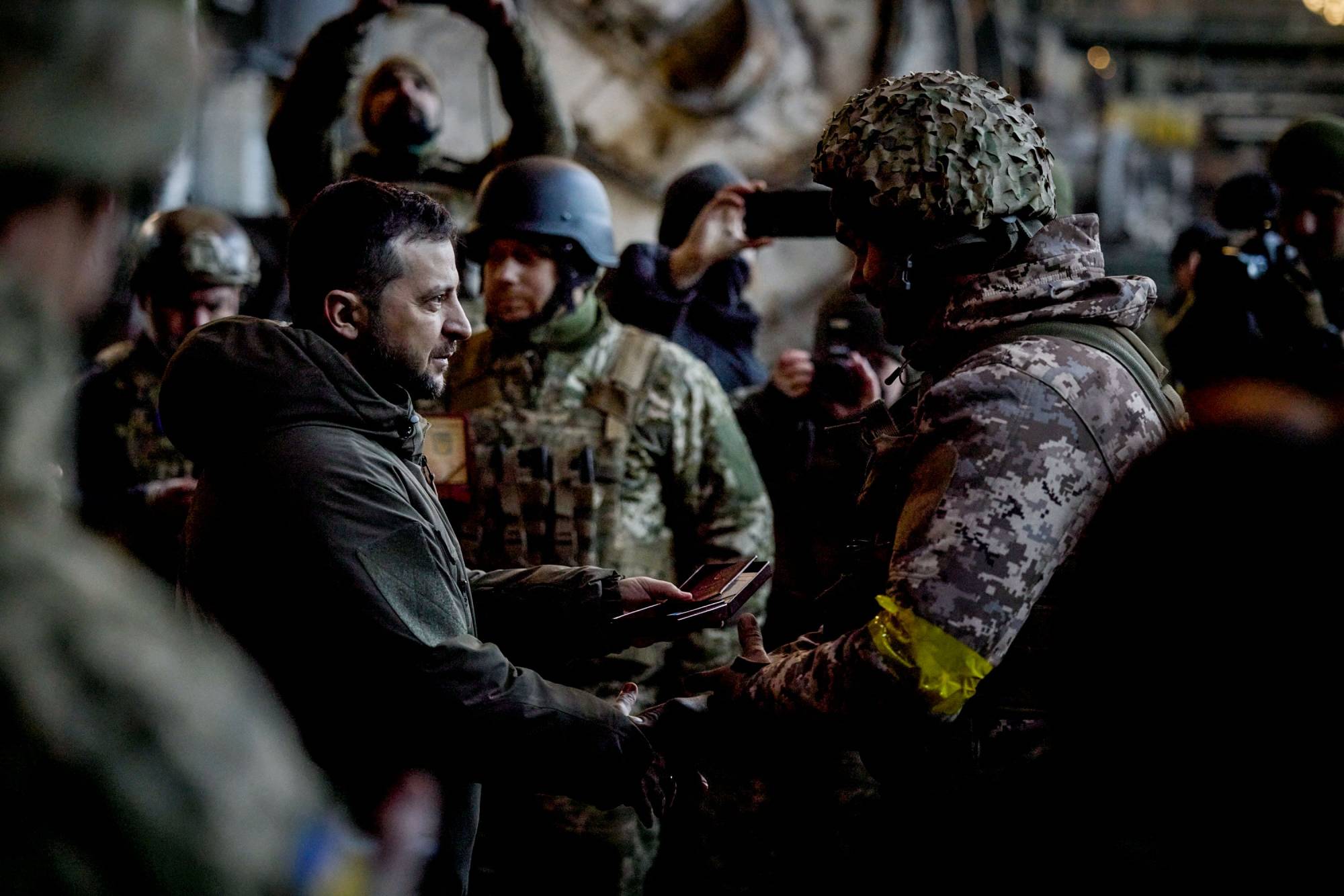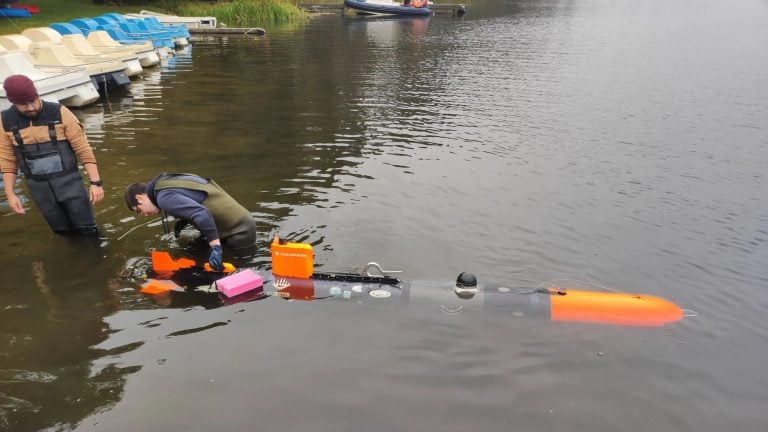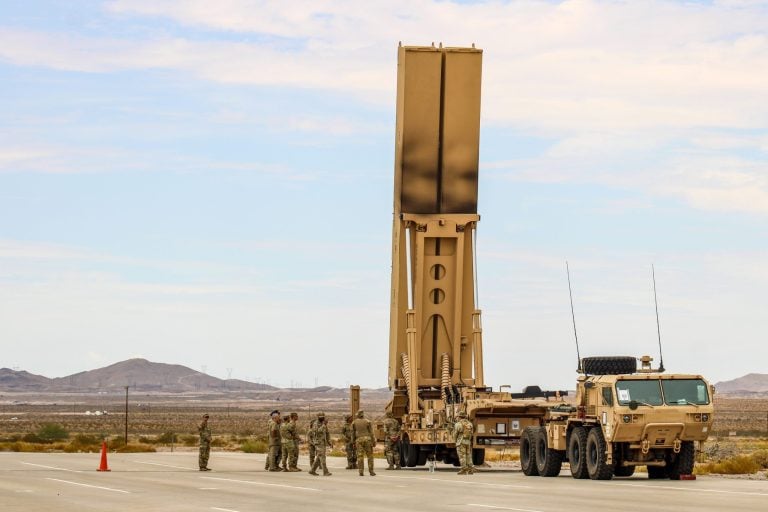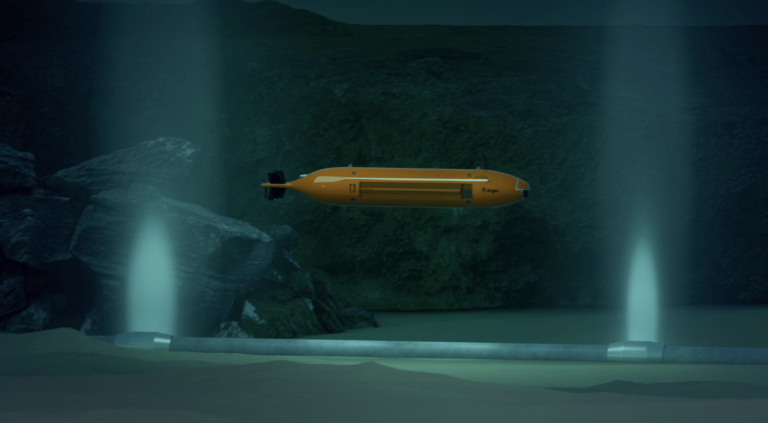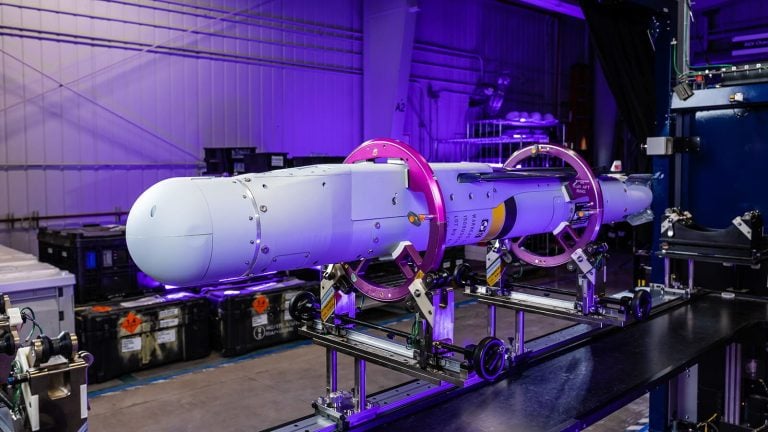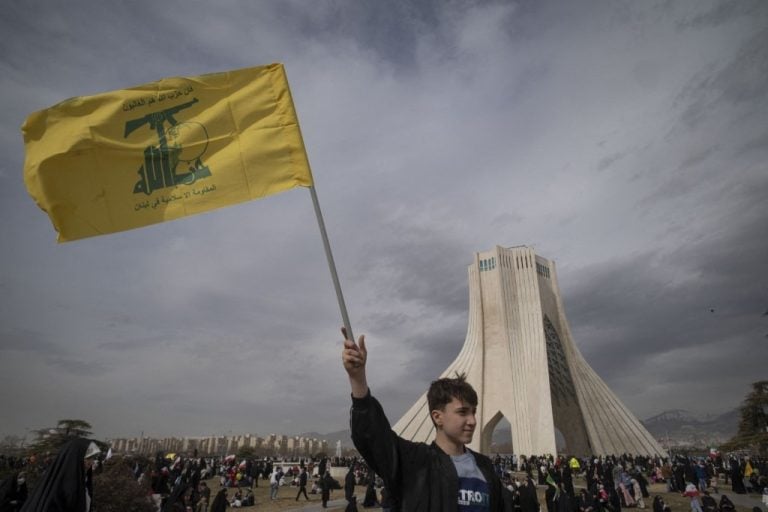Ukraine has released footage showcasing the launch of its extended-range Neptune cruise missile aimed at Russian targets, a moment highlighted by President Volodymyr Zelensky. In his remarks accompanying the video, Zelensky indicated that production of the Long Neptune missile is ramping up, emphasizing Ukraine’s commitment to enhancing its military capabilities in the ongoing conflict.
The Long Neptune represents an advanced iteration of the original R-360 Neptune cruise missile. Initially designed for anti-ship operations, the upgraded model is now capable of striking land targets from significantly greater distances. While formal technical specifications have not been disclosed by Kyiv, reports suggest the missile has an impressive estimated range of approximately 1,000 kilometers (620 miles), making it about 3.5 times more effective in reach than its predecessor, which had a range of roughly 280 kilometers (175 miles).
Moreover, the Long Neptune features a heavier warhead, boasting a weight of 260 kilograms (573 pounds), compared to the original missile’s 150 kilograms (331 pounds). The original Neptune missile was already tested and utilized in operational scenarios as early as March.
In the broader context of the conflict, Ukraine is aggressively seeking to boost its domestic production of long-range weapons. An example of this endeavor is the introduction of a new long-range rocket-powered drone named “Palianytsia.” This hybrid system incorporates characteristics of both drones and missiles, allowing it to reach targets deep within Russian territory. It carries a 20-kilogram (44-pound) blast-fragmentation warhead, comparable in explosive power to the AIM-120 AMRAAM.
Earlier in the year, Ukraine also tested another long-range drone with an astonishing range of 3,000 kilometers (1,864 miles), providing the capability to reach major Russian cities, including Moscow and Saint Petersburg. This focus on increasing military production reflects Ukraine’s determination to maintain and expand its operational advantages as the war continues.
